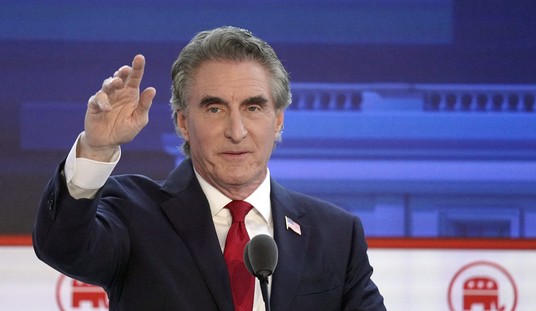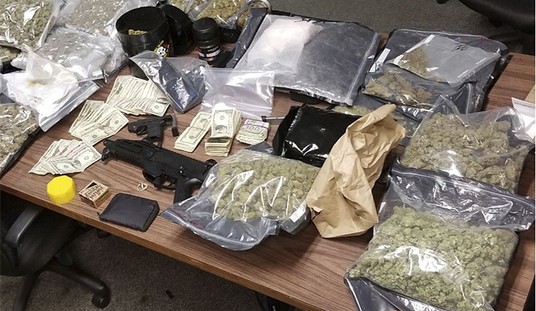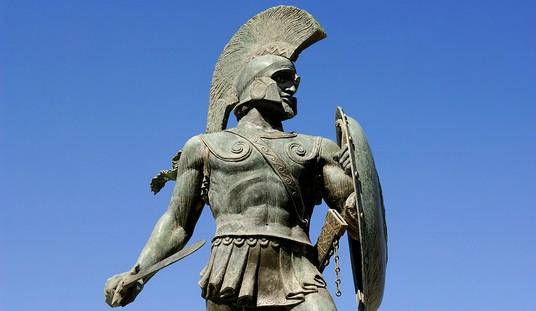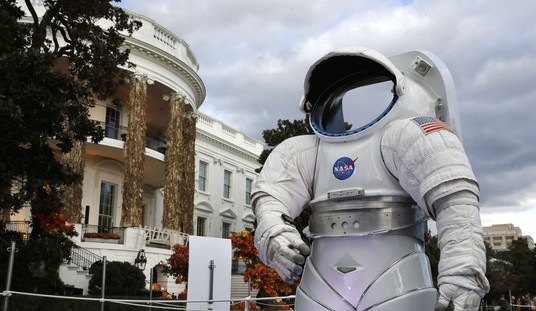
Trump Campaign Chairman Paul Manafort talks to reporters on the floor of the Republican National Convention at Quicken Loans Arena, Sunday, July 17, 2016, in Cleveland. (AP Photo/Matt Rourke)
Ukrainian Prosecutor General Yuriy Lutsenko announced a new investigation into an alleged attempt by Ukrainian officials to interfere in the 2016 U.S. Presidential election. The plan involved the leaking of the “black ledger files,” which contained incriminating information about payments to Paul Manafort, to the U.S. media. This would have been done to help Hillary Clinton win the election.
The FBI had investigated Manafort over his Ukraine business activities previously, but because they lacked evidence, they could not charge him. Then, miraculously, in the midst of the 2016 US election season, the evidence materialized.
The leaked files forced then-Trump Campaign Chairman Manafort to resign his post and “gave rise to one of the key allegations in the Russia collusion probe that has dogged Trump for the last two and a half years.”
The Hill’s John Solomon interviewed Lutsenko on Wednesday and reported that the “probe was prompted by a Ukrainian parliamentarian’s release of a tape recording purporting to quote a top law enforcement official as saying his agency leaked the Manafort financial records to help Clinton’s campaign.” Solomon added:
The parliamentarian also secured a court ruling that the leak amounted to “an illegal intrusion into the American election campaign,” Lutsenko told me. Lutsenko said the tape recording is a serious enough allegation to warrant opening a probe, and one of his concerns is that the Ukrainian law enforcement agency involved had frequent contact with the Obama administration’s U.S. Embassy in Kiev at the time.
“Today we will launch a criminal investigation about this and we will give legal assessment of this information,” Lutsenko told me.
Throughout the presidency of Moscow-allied Viktor Yanukovych, Lutsenko had worked as a pro-Western activist. After Petro Poroshenko (an ally of the U.S. and Western countries) won the presidency, he instituted anti-corruption reforms and appointed Lutsenko to the position of Prosecutor General.
We now have strong evidence that retired British spy Christopher Steele began his quest in what ultimately became the infamous Russia collusion dossier with a series of conversations with top Justice Department official Bruce Ohr between December 2015 and February 2016 about securing evidence against Manafort.
We know the FBI set up shop in the U.S. embassy in Kiev to assist its Ukraine–Manafort inquiry — a common practice on foreign-based probes — while using Steele as an informant at the start of its Russia probe. And we know Clinton’s campaign was using a law firm to pay an opposition research firm for Steele’s work in an effort to stop Trump from winning the presidency, at the same time Steele was aiding the FBI.
Those intersections, coupled with the new allegations by Ukraine’s top prosecutor, are reason enough to warrant a serious, thorough investigation.
Lutsenko told Solomon that there was tension in his relationship with most U.S. Embassy personnel. He said that, during the Obama era, the U.S. Ambassador gave him a list of individuals “he would not be allowed to pursue and then refused to cooperate in an early investigation into the alleged misappropriation of U.S. aid in Ukraine.”
Lutsenko provided Solomon with a copy of a letter from a U.S. official named George Kent, which can be viewed here, asking him “to stand down on the misappropriation-of-funds case.” The letter said, “We are gravely concerned about this investigation for which we see no basis.”
Solomon said that, on Wednesday, “the State Department issued a statement declaring that it no longer financially supports Lutsenko’s office in its anti-corruption mission and considers his allegation about the do-not-prosecute list “an outright fabrication.”
But he said that his sources indicate Lutsenko isn’t the only person complaining about the U.S. Embassy in Kiev.
He references a letter written by then-House Rules Committee Chairman, Rep. Peter Sessions (R-TX) to Secretary of State Mike Pompeo asking him “to recall the current U.S. ambassador, alleging that she made disparaging statements about President Trump.” This letter can be viewed here.
Sessions wrote that Marie Yovanovich, the U.S. Ambassador to Ukraine, “has spoken privately and repeatedly about her disdain for the current administration in a way that might call for the [her] expulsion.”
Don Bongino, in his book “Spygate,” outlines this sequence of events and all of the individuals involved. Now, at long last, the story is being revealed. It will be fascinating to watch it unfold.














Join the conversation as a VIP Member